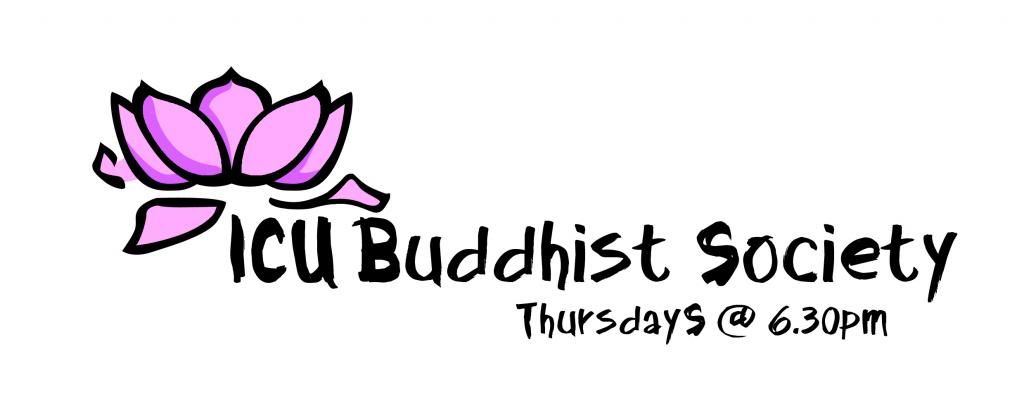Welcome tea
A big thank you to all who came down for the welcome tea!
Just a recap of what we did that day:
We had pizzas while waiting for everyone to come down for the session.
Played a little game to match Dhamma vocabularies to their English translation and sentences that further explained the vocabularies in the context of Dhamma.
We had a great sharing session after the game with regards to these vocabularies and one of the participant kindly pointed out that the literal meaning of 'Dukkha' is not exactly 'suffering'. Indeed, there are many dhamma phrases which cannot be explained with a single word or sentence. Thorough understanding of these key words or phrases requires further understanding and discussions. That is why we really encourage all of you to come down for the sessions in the future to study the ideologies behind the Dhamma. You may support or disagree with these ideologies. It is perfectly fine! At least you are not having misconceptions to what this first world 'religion'(many may not agree that Buddhism is a religion) is all about.
Towards the end of the session, we had a twenty minutes meditation. Some were familiar with the techniques but others were completely new. Many, especially those who came in jeans, had pins and needles all over their legs. But worry not, introductory sessions will include baby steps towards meditations where we will practice the right postures and how to calm our minds and filter the noises around us. So do come down to join us in the future sessions!
Here are some vocabularies we matched during the game.
Ehipassiko -One of
the traditional epithets of the Dharma is "ehipassiko"
Closest English translation: "come and see"
The
Dharma welcomes all beings to put it to the test and to experience it for
themselves
Karma – One of
the basic law in Dharma
Closest English translation: “action”
The
sum of a person's actions in this and previous states of existence, viewed as
deciding their fate in future existences
Samsara – The
reason why we are still here in the physical world
Closest English translation: “continuous flow”
The
cycle of birth, suffering, death, and rebirth to which
life in the material world is bound
Dukkha -the
entire thrust of Buddhist practice is the broadening and deepening of one's
understanding of dukkha until its
roots are finally exposed and eradicated once and for all.
Closest English translation: “suffering”
Negative
emotions have to be eradicated through the learning of Four Noble truths.
Nirvana – The final goal of
Buddhism
Closest English translation: “enlightenment”
A
transcendent state in which there is neither suffering, desire, nor sense of
self, and the subject is released from the effects of karma and samsara.
Prajna - Direct insight into the
truth taught by the Buddha, as a faculty required to attain enlightenment
Closest English translation: “wisdom”
The direct realization of such things as the four noble truths, impermanence, interdependent
origination, non-self and emptiness. Having that, enables
one to extinguish afflictions (kleśas)
and bring about enlightenment.


0 Comments:
Post a Comment
Subscribe to Post Comments [Atom]
<< Home